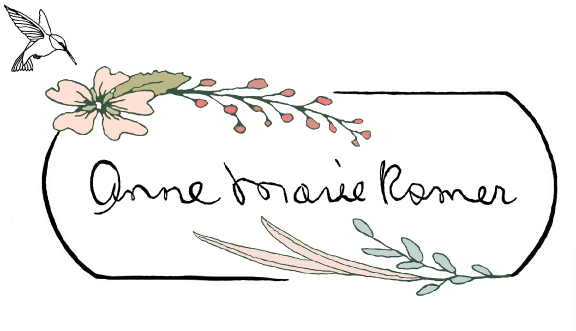Shadow Story
Recently, I went on a walk with my 2 ½ year old grandson, Archie. Beneath a brilliant and cloudless sky, we moseyed along the sidewalk. Everything was interesting, from the butterflies dancing amidst the gentle breeze to the tiny weeds sprouting from sidewalk cracks. I became engrossed in the world as seen through Archie’s eyes. Then, in a moment of discovery, Archie took note of his shadow. He kept pointing to and laughing at the fact that every time he moved, or jumped, or raised his arms in silly formation, his shadow did the same thing. Before you knew it, we both were playing with our shadows. It was a delightful moment that made me remember the time when Archie’s mom was about his age and also discovered her shadow. Unlike Archie, my daughter Kate tried to run away from her shadow and became quite afraid due to the fact that her shadow kept following her.
Quite honestly, I don’t think I’ve been aware of my own shadow for about 35 years since that day Kate encouraged me to see through her eyes. At first glance, at least for her, the silhouette reflection extending unapologetically with the sun’s help was daunting. She became frightened by the unfamiliar tether on the sidewalk. Conversely, Archie’s shadow all these years later yielded playful amusement and giggles. Needless to say, the experience made me pensive about shadows.
For many, the concept of a shadow equals darkness, gloom, or shame. Wasn’t there some radio show from generations past that had a deep-voiced male voice eerily saying, “Only the shadow knows?” The phrase, “cast a shadow,” is not one you wish to hear when looking forward or participating in a happy time. And thinking about being in the shadows might mean you feel isolated, alone or disconnected.
Archie reminded me of a much different take on what the concept of shadow could mean. Think about professional settings where a person seeking to learn spends time “shadowing” a mentor, a teacher, or one who can impart an expanding perspective. Shadow in this context is all about encouragement, generosity of time, and promise for the future.
Shadow can also be about protection; like someone waiting in the shadows oozing supportive energy. A back stage theater director might be a game changer for a young lead on opening night. Or, what about those very elite gymnasts who when soaring between high bars has a coach crouching close just in case. I remember the time when I hid in the shadows of an intensive care hospital room as my sister navigated the life-threatening injury of her son. Yes, I believe wholeheartedly that shadow can also mean sustenance.
Archie reminded me that shadows don’t exist without light, which is ultimately why we can’t, and maybe shouldn’t deny them. Shadows remind us that even if we have some darkness we wish to hide, illumination should embolden us to embrace, accept and even look playfully upon those dark or dusky extensions of ourselves.
Thinking about our own shadows might make us feel self-critical or steal confidence. In reality, shadows are quite accepting and non-judgmental. There’s no such thing as a shadow reflection with sad eyes even though we might feel sad. Bad hair days or mismatched clothes? Such imperfections never translate to a shadow. In a way, your shadow is ready to just accept whoever you are and always remain by your side. All it takes is a little bit of darkness to bring light to new ways of seeing and being seen. What I learned from Archie is that your shadow can end up being a very good and faithful friend.
